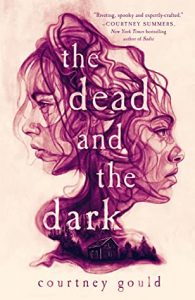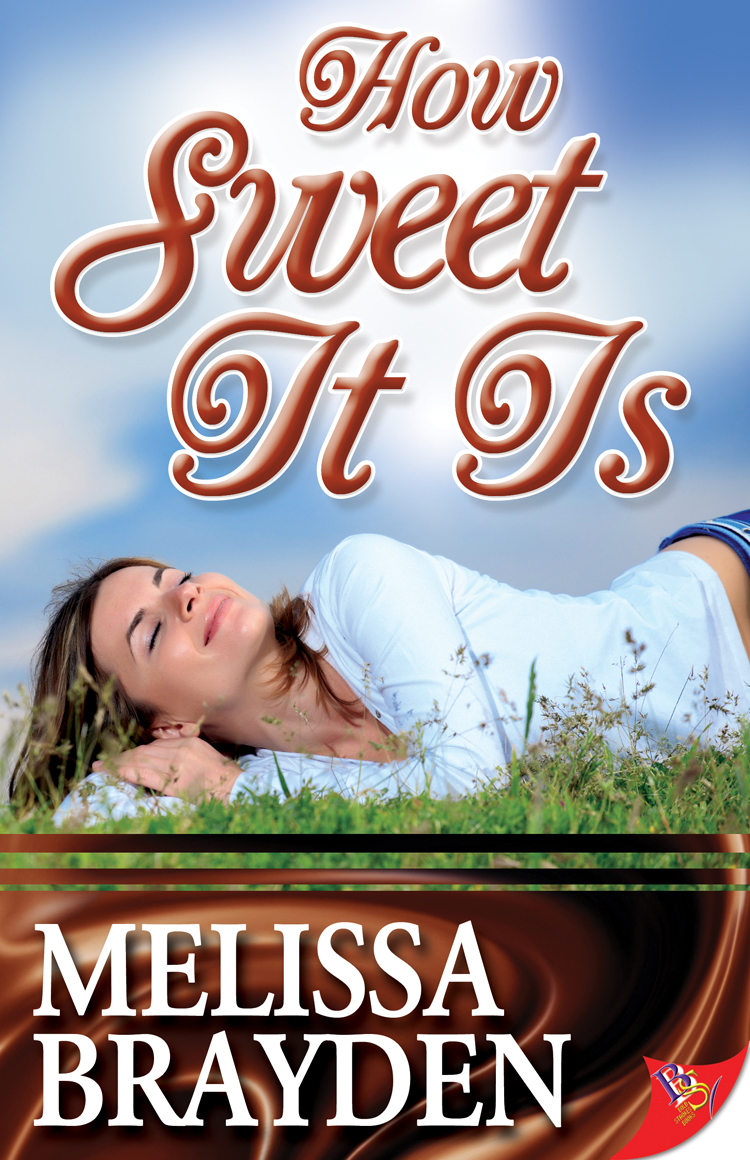Amazon Affiliate Link | Bookshop.org Affiliate Link
Logan has lived her life on the road with her two dads, Alejo and Brandon, as they scour the country for locations for the newest episode of their ghost-hunting TV show, ParaSpectors. She and Alejo are close and their relationship is easy, but she’s always felt distanced from Brandon, and sometimes it seems like they outright dislike each other. When Brandon goes to his and Alejo’s hometown of Snakebite, he claims it’s to scout the location for the show, but when he stays for months without explanation, Alejo and Logan follow him. There, Logan faces a small town hostile to her as an out lesbian as well as to her dads. A teenager went missing when Brandon arrived, and the town is sure he’s involved. Then more kids start turning up dead, and Logan’s not sure even she trusts her father…
This is a creepy, atmospheric YA horror/thriller about a force possessing someone in a small town and getting them to kill teenagers. For the first half of this book, I thought I knew exactly where it was going, and wow was I wrong. Most of the story slowly unfolds, only raising more questions as it goes, and then the last chunk of the book is full of revelations and twists.
While I just discussed Logan’s story in the summary, this actually has two point of view characters (plus some asides narrated by The Dark). Ashley has lived her whole life in Snakebite, and she loves it here. Her mother is the backbone of the town, and she’s determined to follow in her footsteps. She has a close-knit group of friends, and her and her boyfriend, Tristan, have an idyllic relationship–or they did, until he disappears. While everyone else seems to either accept that he’s died or they think he just skipped town, Ashley keeps up the search. When Logan arrives, the town turn against her, but Ashley and Logan find an unlikely partnership. They both want to find out what happened to Tristan–Logan, in order to prove her dad innocent, and Ashley, to find Tristan alive.
Soon, as more bodies appear–including Ashley’s friends’–they begin to suspect something supernatural is happening. Ashley gets visions of Tristan and even of past happenings in the town. Brandon and Alejo seem to be keeping secrets about their past here, and Ashley and Logan are left on their own to try to solve this mystery before more people die.
I listened to this as an audiobook, and I thought it worked really well in that format. I liked getting immersed in the unsettling world of Snakebite, and I was happy to let the story unfurl slowly because of that. Ashley and Logan are also really interesting characters. Logan has been out for ages and is very sure of herself and immediately angry at this town for its hostility towards her queer family. She’s unafraid to start fights and has no interest in getting on anyone’s good side. Ashley, on the other hand, has always been the placating kind, trying to be the perfect daughter, girlfriend, and friend. Tristan’s disappearance forces her to assert herself, because she’s the one advocating for keeping up the search. She is confused by Logan and her growing feelings for her. It’s this exploration of compulsory heterosexuality (not named, of course) that I found fascinating.
If you’re looking for a creepy read or listen, I highly recommend this one.





